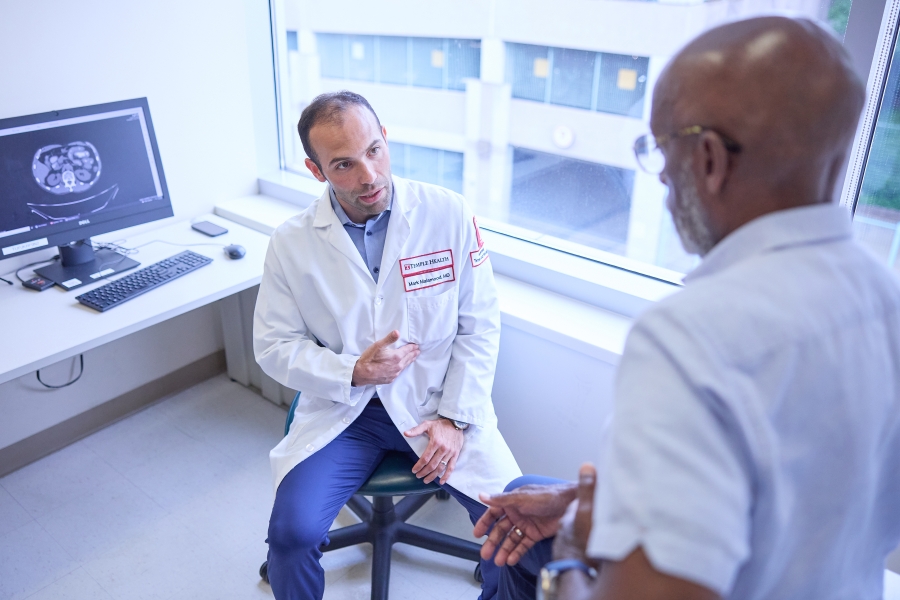Abdominal aches and pains affect all of us from time to time. In fact, stomach pain is a common symptom for many of my patients. It’s often what prompts them to make an appointment with a gastroenterologist such as myself.
I explain to patients that “stomach pain” may actually be caused by many conditions. That’s because the abdomen contains a variety of vital organs, such as the stomach, the large and small intestines, the liver, the pancreas and the spleen. When a problem occurs in one of these organs, abdominal pain can be a symptom.
Sometimes, we don’t have to look any further than a patient’s diet. They may have a food allergy, for instance. Or perhaps they ate food that caused gastrointestinal distress.
But in my experience, abdominal pain is often much more complicated than what someone ate. The table below describes:
- 4 common conditions that may cause abdominal pain
- What other symptoms you may have besides abdominal pain
- Who is at risk for these conditions
- Some of the treatments we provide at the Temple Digestive Disease Center
It’s always important to see a gastroenterologist if you suspect you may have one of these conditions — or if you have any type of abdominal pain that is constant or is getting worse.
